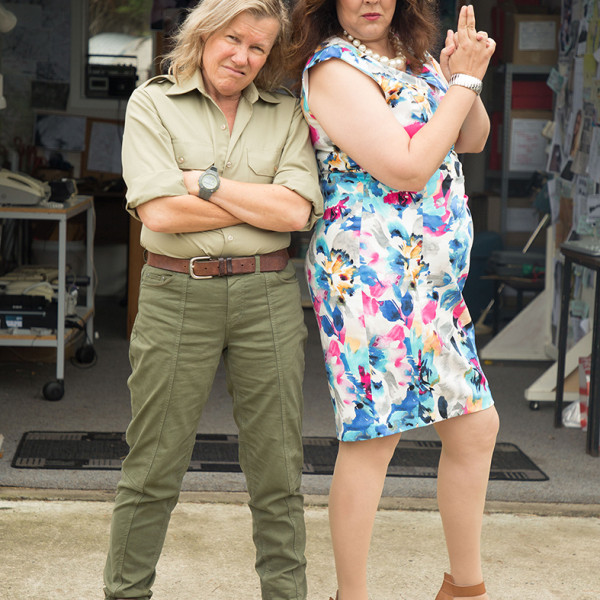
With Tenet, Christopher Nolan leans into his most frustrating tendencies as a filmmaker. A convoluted plot that requires non-stop explanation leaves its cast nothing to play with and action that, although visually dazzling at times, feels empty.
The Protagonist (John David Washington), along with his right-hand man Neil (Robert Pattinson), journeys through a world of espionage to prevent forces from the future destroying our world.
At its core, Tenet is a heist film. Introducing time-inverting technology doesn’t make this more interesting, just challenging. While Inception, another heist plot that incorporates fantasy technology, was driven by drama and emotional motivation, here the story feels crammed in. Nolan chews time explaining the mechanics of time reversal. Those with a doctorate in physics may enjoy picking this apart, although the film itself seems to admit it doesn’t stack up when Barbara, a scientist played by Clémence Poésy, instructs our lead, “Don’t even try to understand it”.
The pairing of Hoyte van Hoytema’s cinematography and Jennifer Lame’s precise editing is the film’s greatest asset. Their craftsmanship is on full display from the opening action sequence, which serves as an intense mood setter. Unfortunately, the concept doesn’t lead to outstanding visuals throughout. After a while, watching people run in reverse is not that engaging. Even if you are listening intently, the sound mix is muddy and loud, leaving chunks of dialogue inaudible – a recurring problem in Nolan’s recent films.
In two-and-a-half hours, we learn surprisingly little. By the time the credits roll we know next to nothing about our unnamed protagonist, his motivation, or the threat he faces. An effort to make us care about the villainous Andrei Sator’s (Kenneth Branagh) estranged wife Kat (Elizabeth Debicki) feels frivolous when World War III is at stake. Although, this faceless threat never carries weight, especially since it comes at the hands of Andrei, a hilariously stereotypical Russian bad guy who I just can’t take seriously.
Tenet sacrifices storytelling in favour of complexity. If I don’t care about the characters in the story, I’m unlikely to invest in the story itself. In the end, I was simply bored.











